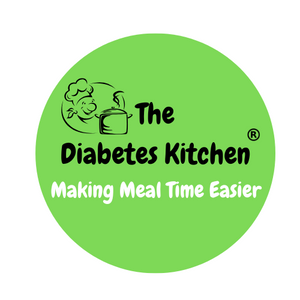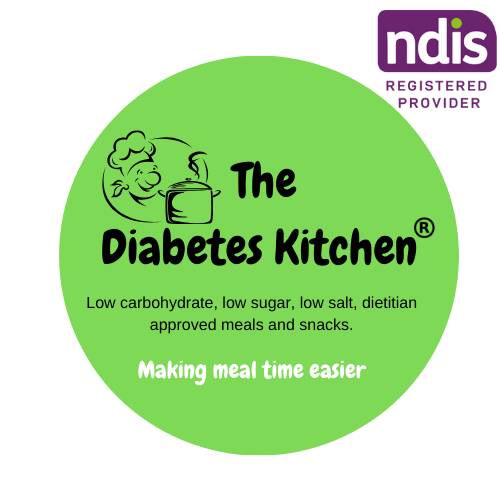Portion control refers to managing the amount of food you consume in a single eating occasion. It involves being mindful of the quantity of food you eat to help maintain a healthy balance between the number of calories you consume and the energy your body needs. Portion control is an important aspect of maintaining a balanced diet and managing weight, as consuming larger portions than necessary can lead to overeating and weight gain.
Several factors contribute to the importance of portion control:
-
Caloric Intake: Consuming more calories than your body needs can lead to weight gain. Portion control helps prevent excessive calorie intake.
-
Balanced Diet: Portion control allows you to enjoy a variety of foods without overindulging in any single item, promoting a balanced intake of nutrients.
-
Blood Sugar Management: For individuals with diabetes, portion control is crucial to help manage blood sugar levels and prevent spikes.
-
Mindful Eating: Paying attention to portion sizes encourages mindful eating, helping you recognize hunger and fullness cues.
-
Healthy Weight Management: Portion control supports weight loss by reducing calorie intake and promoting sustainable eating habits.
Here are some tips for practicing portion control:
-
Read Labels: Check the serving size and the number of servings per package on food labels to understand appropriate portion sizes.
-
Use Smaller Plates: Opt for smaller plates and bowls to visually control portions. A smaller plate can make a moderate portion look more satisfying.
-
Measure Foods: Use measuring cups, kitchen scales, and visual cues to portion foods accurately.
-
Divide Plates: Aim for a balanced plate by dividing it into sections: half for non-starchy vegetables, one-quarter for lean protein, and one-quarter for whole grains or starchy foods.
-
Pre-Plate Meals: Serve food on individual plates instead of placing serving dishes on the table. This reduces the temptation to have seconds.
-
Be Mindful: Eat slowly, savoring each bite, and pay attention to hunger and fullness cues.
-
Limit Eating Out: Restaurant portions are often larger than necessary. Consider sharing a dish or taking leftovers home.
-
Practice Moderation: Enjoy treats in moderation rather than eliminating them entirely. Choose smaller portions of indulgent foods.
-
Plan Snacks: Pre-portion snacks into individual servings to avoid mindless munching.
-
Stay Hydrated: Drinking water before meals can help control appetite and prevent overeating.
-
Listen to Your Body: Eat until you're comfortably satisfied, not overly full.
Remember that portion sizes may vary based on individual factors such as age, gender, activity level, and health goals. Consulting with a registered dietitian can provide personalised guidance on portion control and maintaining a healthy diet.





